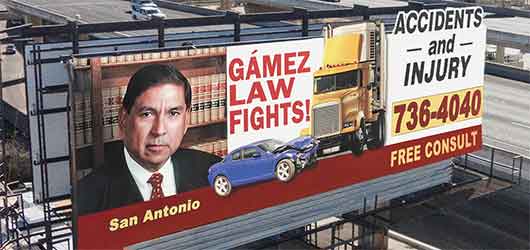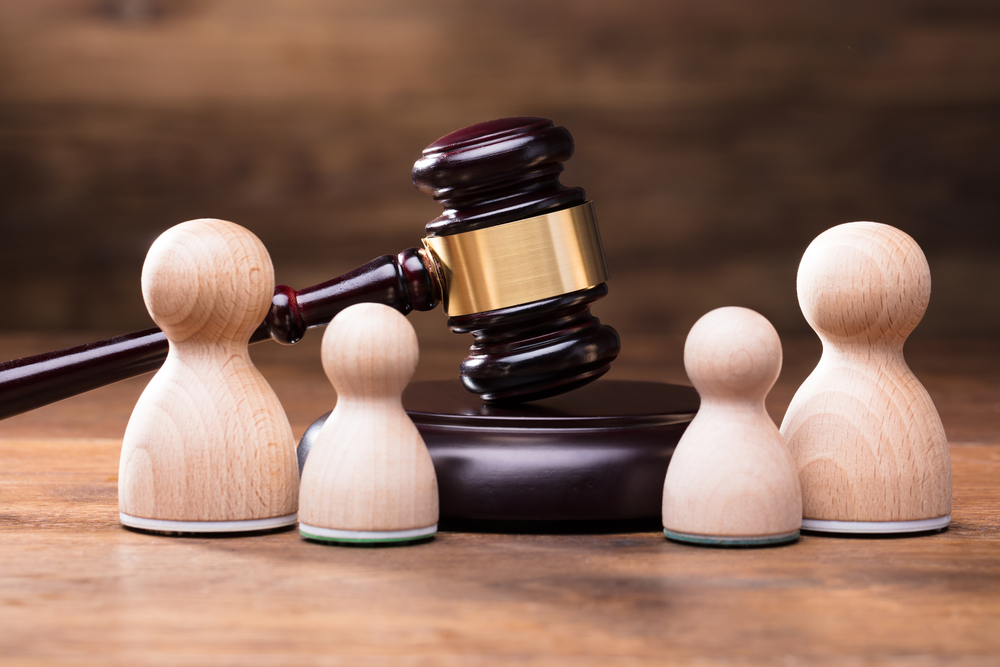What happens when a person under 18 suffers an injury caused by someone else’s negligence? While children are just as entitled to compensation for their damages as adults, the process of seeking a settlement for a minor involves some special protocols. If you are the parent or guardian of an injured child, our personal injury lawyers in San Antonio, Houston, Dallas, and Austin can make sure you understand how personal injury law works with respect to children.
9 Things to Know About Injury Claims for Minors and Children
1. Children May Be More Likely to Become Injured Than Adults
While it is difficult to imagine your child suffering an injury, children are often in situations that make them more likely to incur harm than adults. Playgrounds, daycare facilities, and swimming pools can be dangerous environments if they are not properly managed.
Additionally, many of the same situations that can be risky for adults are dangerous for children. For example, a child might be injured by a negligent driver or an incompetent doctor, just like an adult but lack the adult experience needed to act quickly to minimize their injury by getting out of the way, speaking out, etc.
2. Injuries Can Take a Great Developmental Toll on Children
The future effects of an injury can be more serious for a child than for an adult. While an adult might miss work to recover from a car accident or a work-related incident, children who are injured frequently need to take time away from school. As a result, they may find themselves significantly behind both socially and academically when they are finally able to resume their education.
Injuries often produce disfigurement, which can be especially difficult on a psychological level for children. Teasing, bullying, and a loss of self-esteem during key developmental years can often accompany injury-related changes in the child’s appearance. In order to make sure your child’s personal injury settlement is proportional to the impact the accident had on his or her life, your lawyer might call in medical experts and psychologists to help determine the extent of the future damages.
3. Minors Must Have an Adult File a Claim on Their Behalf
Under normal circumstances, a parent or guardian may file a personal injury claim on behalf of a child. Legally, the adult who files the claim is referred to as the “next friend,” and the case is considered a friendly suit. If no parents or guardians are available to file the claim, another adult may act as the next friend.
In some situations, the court may find a potential conflict of interest between the child and the parent or guardian. For example, if both parties were injured in a car accident, the parent may try to claim a disproportionately large share of the settlement. To ensure that the outcome of the case is fair to the child, the court may appoint a Guardian ad Litem to oversee the distribution of the funds on the child’s behalf.
4. A Special Statute of Limitations Applies to Minors
In Texas, adults seeking compensation in a personal injury case must abide by a two-year statute of limitations. When a child is injured, the statute of limitations is paused until he or she turns 18. Therefore, people who are injured as children effectively have until the age of 20 to file a claim.
While minors have an extended statute of limitations, a “next friend” may still file a claim on behalf of a child prior to the child’s 18th birthday. Personal injury lawyers generally advise parents and guardians to seek compensation as soon as possible because proving damages can become more difficult after a long period of time has elapsed between the date of the accident and the legal action.
5. Children Are Eligible for Economic and Noneconomic Damages
Economic Damages
The costs related to any accident can be significant, regardless of whether the victim was an adult or a child. While recovering financial compensation cannot undo all of the harm your child experienced, the money provided by a settlement can improve his or her quality of life by funding any special care he or she needs.
The economic damages a child may be entitled to include medical bills. The child may also claim lost wages if he or she had a job at the time of the accident. These damages are considered “economic” because they have a clear monetary value. A lawyer litigating on behalf of the child may need to show a distinction between medical expenses that warrant compensation and the kinds of costs parents normally incur while providing basic medical care for their children.
Noneconomic Damages
The noneconomic damages in a personal injury case might include pain and suffering, a reduction in the child’s quality of life, emotional distress, and disfigurement. The value of these damages is subjective and can vary greatly depending on the circumstances of the accident.
6. A Child Might be Entitled to Punitive Damages
Punitive damages are awarded when the court finds that the behavior that caused the accident constitutes gross negligence. Examples of gross negligence include drunk driving and daycare abuse. Punitive damages are reserved for severe cases; however, when they are awarded, they go to the victim.
7. Injuries Involving Permanent Disabilities Often Incur Higher Settlements
If the child’s injury was serious enough to cause a permanent disability, his or her settlement should provide for future damages. Children who are expected to enjoy fewer job prospects as a result of their injuries are entitled to compensation for their reduced earning capacity. Similarly, the medical expenses associated with a lifetime of care can often be added to the claim.
8. If the Case Settles, the Money May Be Invested for the Child’s Future Benefit
Once a settlement is reached, the court will decide how the funds will be distributed and/or safeguarded. If there are up-front medical costs or other liens on the settlement, they may be deducted from the payout. The balance is then often invested in an annuity until the child turns 18.
After the child reaches adulthood, annuity funds are awarded to him or her in small increments over a set period of years. Alternatively, if the court places the settlement money in a registry for safekeeping, the child may receive a lump sum upon reaching adulthood.
9. Children Can Sometimes Be Required to Testify in Court
The role of the “next friend” and the Guardian ad Litem is to make key decisions on behalf of the child throughout the case and to ensure that the settlement is structured in a way that benefits the child’s best interests. However, the child may be required to testify personally if the court finds that he or she has the mental capacity to understand the significance of swearing under oath.
Contact Our Personal Injury Lawyers in San Antonio, Houston, Dallas, or Austin
The outcome of a personal injury case can have a significant impact on a child’s quality of life. Whether the injury was the result of a car accident, a playground mishap, or another event involving negligence, finding the right attorney can help secure compensation for the child’s damages. To schedule a consultation with an experienced attorney in San Antonio, Houston, Dallas, or Austin, contact Joe A. Gamez Law Firm, PLC.



